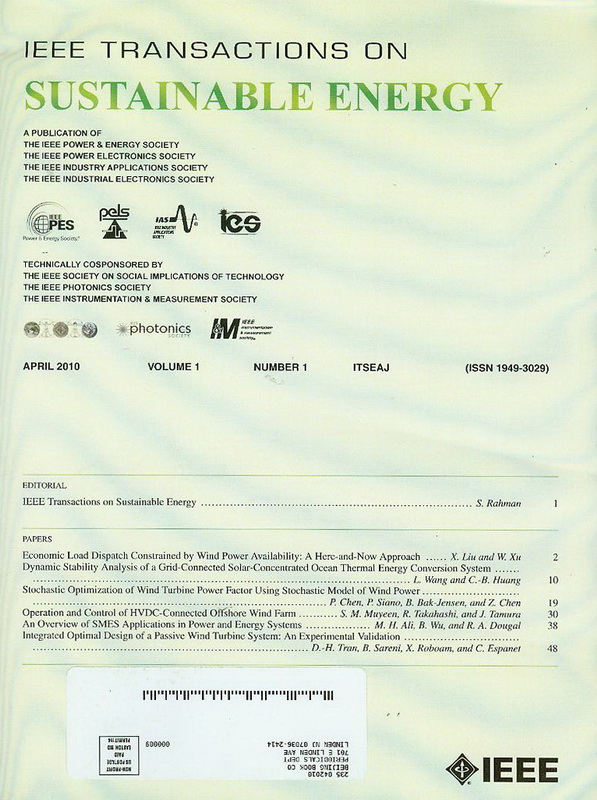An Integrated Sparse Gated Graph Density Network Based on Transfer Learning for Multi-Site Probabilistic Forecasting of Renewable Energy
IF 10
1区 工程技术
Q1 ENERGY & FUELS
引用次数: 0
Abstract
Large-scale new energy grid-connected poses significant challenges to the safe and efficient operation of smart grids. Renewable energy probabilistic forecasting (REPF) technology can analyze uncertainties in power generation, quantitatively balance risks, and prevent the breakdown of the grid. However, current REPF methods reliant on spatio-temporal maps fail to accurately estimate the probability density function (PDF) of renewable energy, resulting lacking comprehensive uncertainty analysis for distributed power generation systems (DPGS). To fill this gap, in this study, an integrated sparse gated graph density network (ISGGDN) that incorporates transfer learning to tackle the REPF challenge. A sparse gated graph dynamic convolutional network based on cross attention and residual connection is developed, which can effectively extract spatial features and spatio-temporal interactions between sites and improve the accuracy of probabilistic prediction. Furthermore, to effectively identify the types of features lost during the transfer process and to enhance the transfer learning (TL) capability, we developed an integrated approach involving multiple fine-tuning strategies based on TL. We evaluated the proposed model using wind and photovoltaic (PV) power generation data from two neighboring multi-sites, and the experimental results demonstrate that ISGGDN outperforms other existing solutions in terms of accuracy and effectiveness in REPF.基于迁移学习的可再生能源多站点概率预测集成稀疏门控图密度网络
新能源大规模并网对智能电网的安全高效运行提出了重大挑战。可再生能源概率预测(REPF)技术可以分析发电中的不确定性,定量平衡风险,防止电网崩溃。然而,目前基于时空图的REPF方法无法准确估计可再生能源的概率密度函数(PDF),导致对分布式发电系统(DPGS)缺乏全面的不确定性分析。为了填补这一空白,在本研究中,一个集成的稀疏门通图密度网络(ISGGDN)结合迁移学习来解决REPF的挑战。提出了一种基于交叉注意和残差连接的稀疏门控图动态卷积网络,该网络能够有效地提取站点间的空间特征和时空相互作用,提高概率预测的精度。此外,为了有效识别迁移过程中丢失的特征类型并增强迁移学习(TL)能力,我们开发了一种基于迁移学习的集成方法,包括多种微调策略。我们使用来自两个相邻多站点的风能和光伏(PV)发电数据对所提出的模型进行了评估,实验结果表明,ISGGDN在REPF中的准确性和有效性方面优于其他现有解决方案。
本文章由计算机程序翻译,如有差异,请以英文原文为准。
求助全文
约1分钟内获得全文
求助全文
来源期刊

IEEE Transactions on Sustainable Energy
ENERGY & FUELS-ENGINEERING, ELECTRICAL & ELECTRONIC
CiteScore
21.40
自引率
5.70%
发文量
215
审稿时长
5 months
期刊介绍:
The IEEE Transactions on Sustainable Energy serves as a pivotal platform for sharing groundbreaking research findings on sustainable energy systems, with a focus on their seamless integration into power transmission and/or distribution grids. The journal showcases original research spanning the design, implementation, grid-integration, and control of sustainable energy technologies and systems. Additionally, the Transactions warmly welcomes manuscripts addressing the design, implementation, and evaluation of power systems influenced by sustainable energy systems and devices.
 求助内容:
求助内容: 应助结果提醒方式:
应助结果提醒方式:


